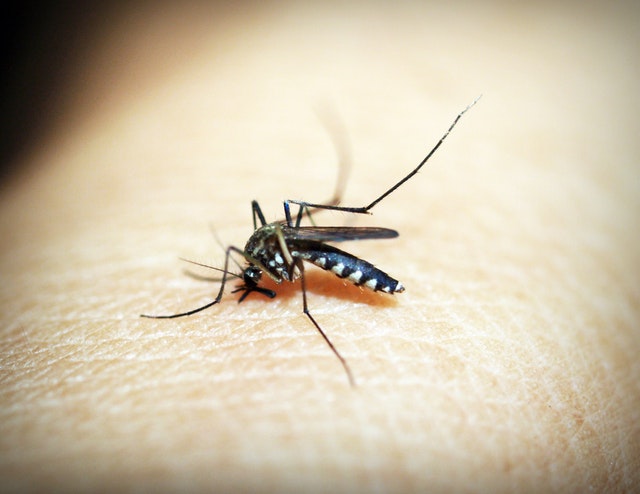The West Nile virus causes an infection that is spread by certain kinds of mosquitoes
That has already been infected when they bit infected birds. The West Nile virus is spread to people and animals, especially horses.

The West Nile virus causes an infection that is spread by certain kinds of mosquitoes that have already been infected.
West Nile virus can be spread through organ transplants or blood transfusions. Because of this, all blood donations in the U.S. are screened for the virus. Researchers have found some evidence of the West Nile virus being spread from mother to baby during pregnancy, at birth, or through breast milk, although the risk of spreading the virus is unclear.
Mosquitos can pass the West Nile virus onto you. Learn what symptoms could be present if you’ve been bitten.
Most people who are infected with the West Nile virus do not demonstrate symptoms and if they do, the symptoms are so mild that they are not apparent to the carrier. Studies show that about 4 out of 5 people who have West Nile virus have no symptoms and for those that do, the symptoms appear 3-14 days after the mosquito bite.
Mild symptoms include:
- Fever.
- Headaches, body aches, or pain in the eyes.
- Rash, usually on the chest, back, and arms.
- Fatigue.
- Lack of hunger.
- Stomach sickness or vomiting.
- Swollen glands (lymph nodes), in rare cases.
In mild cases of the West Nile virus, the symptoms usually last for 3 to 6 days. More severe cases of the West Nile virus symptoms can last for weeks or months. Severe cases that involve problems with the brain and spinal cord are rare, but they may occur.
Severe symptoms include:
- Headaches.
- High fever.
- Stiff neck or paralysis.
- Confusion.
- Reduced attention to surroundings.
- Tremors, convulsions, or muscle weakness.
- Coma.
- In rare cases, the West Nile virus can cause death.
There are some rare cases where the West Nile virus can lead to swelling of the brain (encephalitis), the spinal cord (myelitis), or the tissues around the brain and spinal cord (meningitis). While most victims of the West Nile virus fully recover, there may be some permanents issues such as seizures, memory loss, and brain damage, especially in children and the elderly. In a few cases, the West Nile can be fatal.
To read the full article, click here.

